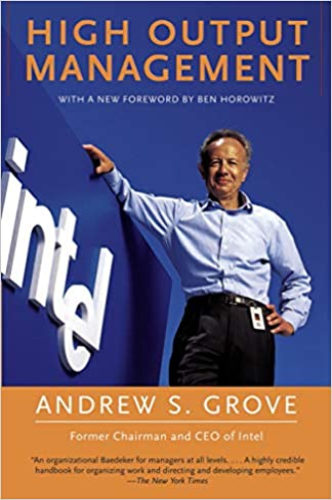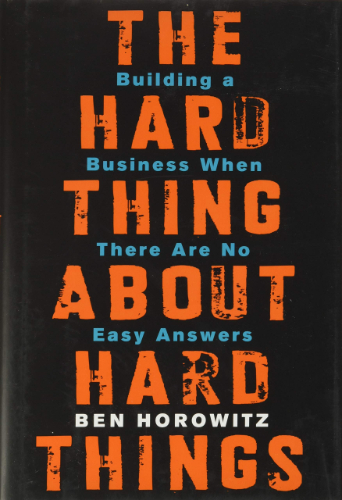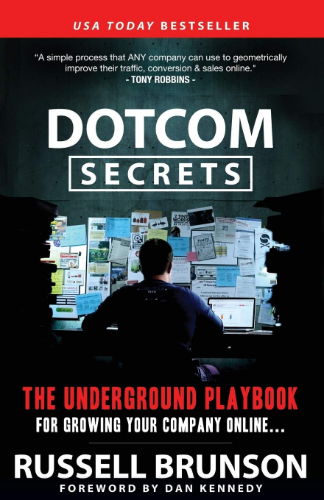The Merchants of Doubt by Naomi Oreskes and Erik M. Conway: Summary and Notes

One sentence summary: The Merchants of Doubt exposes the tactics that pseudoscientists use to shape public opinion on things like climate change and cigarette smoking.
One Paragraph summary: Ever wondered why cigarette smoking is so hard to outlaw? For long, the industry has relied on a group of scientists, industry insiders, and lobbies who have downplayed the harmful effects of tobacco. Their names and tactics are exposed in the Merchants of Doubts alongside those climate change deniers. The Merchants of Doubt is a must-read, especially for activists.
Favorite quote from the author:
When I picked up the Merchants of Doubt by Naomi Oreskes and Erik M. Conway, I already expected to find some disturbing truths. What I didn’t expect was how widespread and dangerous the deny movement is. The same merchants of doubt who told us that tobacco doesn’t cause cancer and who also dismissed secondhand smoke took on the challenge of disparaging the science behind climate change, and it has worked perhaps too marvelously. For instance, did you know that Lyndon Johnson — president of the US from 1963 to 1969 — already knew that carbon emissions were dangerous for the planet and that we needed to do something about it? And yet, we still have a section of the US populace that still doesn’t believe in climate change all because of decades of effective propaganda.
If you read the Merchants of Doubt you will see how powerful corporations and high-powered scientists — some working for the US government — have over the years managed to influence and shape policies against climate action and prevent the regulation of harmful products like tobacco. I tell you, the book’s content is the stuff of conspiracy theories except that everything you read is for real.
To get the most of The Merchants of Doubt, I suggest that you read it alongside Factfulness by Hans Rosling While the Merchants of Doubt shows how statistical and scientific results can be skewed and manipulated, Factfulness will teach you the right way to judge the same results.
Enough of that, let’s get down to the main business of distilling the main takeaways from the book:
Main takeaways the Merchants of Doubt by Naomi Oreskes and Erik M. Conway
-
Sowing doubt is big business
-
happening all over again, this time with climate change
-
The US government is culpable
-
The methods of politics are not those of science
-
It is your responsibility to know the truth
Lesson 1: Sowing doubt is big business
guess you already knew this, but sowing doubt on a range of issues from the effects of climate change to cancerous agents, including asbestos, and the DDT is big business and not just in the US. The first well-known case covered extensively in the Merchants of Doubt concerns tobacco. For a very long time, insiders in the tobacco industry knew that smoking is associated with a range of health issues, including lung cancer, but they continued to downplay the risks anyway and even paid for research to disapprove what was then widely known.
Scientists were paid, articles published, tobacco corporations launched massive advertisement campaigns, and lobbyists influenced policy decisions for decades — all to prevent the public from facing the truth about the dangers of smoking. The result? Millions of Americans continued to smoke while not being fully informed of the risks of cigarette smoking. The consequences were a public health crisis that continues to plague Americans to this day.
You might be wondering, why would anyone lie about the harmful effects of tobacco smoking? It all comes down to money. When the public is not well informed, it has little incentive to change its behavior. To people like me and you, the concern is that the government is often a silent bystander in the unfolding saga. What’s worse, some of its scientists are often implicated.
Lesson 2: It’s happening all over again this time with climate change
If you ask most people what the biggest challenge facing our generation is, they will say climate change. But the challenge of a changing climate is not just about reducing the amount of CO2 we emit. It is also about restructuring our economy away from fossil fuels to more sustainable forms of energy, and that’s where the problem is. You see, lots of corporations and even entire countries like the US, Russia, Saudi Arabia, and Qatar have a lot to lose if the world was to suddenly shift from fossil fuels to alternative sources of energy. Millions of jobs would be lost, and the GDP of some of these nations would come crashing down.
To prevent this, oil corporations and industry players exert enormous influence in our public policy debates with the help of lobbyists, industry groups, think tanks, and hired guns — scientists. From these efforts come not a sober discussion on climate change but a muddied one that puts economic interests ahead of environmental interests.
In the Merchants of Doubt , the authors highlight the case of two scientists Frederick Seitz and Fred Singer, who moved from lobbying for the tobacco industry to lobbying against climate action. And these were not your average scientists; they had access to the White House and even got to advise President Bush on climate change. Their report was echoed in the media and was taken seriously at cabinet-level meetings.
Now, if you still believe that climate change is the biggest challenge we face, you’ve got to be on the lookout for merchants of doubt like Frederick Seitz and Fred Singer. They will author reports and get into the heads of your favorite politicians. Your only defense is to read a book like Merchants of Doubt or like the one we are currently reviewing.
Lesson 3: The US government is culpable
In the 1970s, acid rain hit parts of the US and Canada, which threatened the lives and plants and animals in those areas. Out of concern, the governments of the US and Canada set up a joint probe into the issue. What they found was that the acid rain was caused by pollution from factories and CO2 emissions, but because the pollution was primarily from the US, the US government also authored a different report downplaying the causes of the acid rain and who do you think was the lead author of the second report? It was Fred Singer, the same guy who disputed the dangers of secondhand smoke, and who challenged climate change his entire life.
It is not uncommon for the US government to put economic interests ahead of environmental concerns. The most recent case — not covered in the book — involves Donald Trump’s withdrawal from the Paris Agreement. His main concern was that it would require a lot of restructuring of the American economy. And that’s the primary motive of governments that oppose scientific findings; they are only interested in the status quo.
““If you want to live your life in a creative way, as an artist, you have to not look back too much. You have to be willing to take whatever you've done and whoever you were and throw them away.”
Lesson 4: The methods of politics are not those of science
“While the idea of equal time for opposing opinions makes sense in a two-party political system, it does not work for science, because science is not about opinion. It is about evidence.”
One of the reasons it is so easy to sow doubt on many scientific issues is because the merchants of doubt treat science the same way they do politics, but these things are entirely different.
One of their tactics is to present scientific findings as being opposed to each other. You will often hear: there is no consensus in the scientific community, no one can say for sure, the truth is out there…
These statements seem credible, but in real science talk, they are not because science is not about opinion. It is about facts and evidence, so there is no way that some scientists can fail to agree or arrive at different results. One group must be right and the other wrong. Thus, next time you hear someone say, but some scientists don’t agree, recognize that is one of the tactics used by the merchants of doubt.
Lesson 5: It is your responsibility to know the truth
I think the main message that the book tries to put out there is that it is your responsibility to know the truth. You can’t trust the experts, the government, and definitely not the corporations. Everyone is looking after their interests and so should you
One way to get the right information on serious matters like climate change is to read extensively. Question everything you hear on the TV and get some knowledge on how to interpret scientific findings. As I noted earlier, one of the best books to get you started on that is Factfulness by Hans Rosling. Hans makes it super easy to understand the state of the world.
Wrap Up
The Merchants of Doubt is a wake-up call to everyone who blindly believes the experts and their findings. It shows that at the heart of every public debate are powerful vested interests ready to do anything, even if it means deceiving the world into a public health crisis or a climate apocalypse. If you read it, you will see how the game is played.
Who Would I recommend the Book To?
The Merchants of Doubt is a fantastic read for activists, political science students, and anyone interested in the shadow world that shapes policy decisions.
GET THE BOOK ON AMAZONRate this book!
This book has an average rating of 5 based on 2 votes.








































